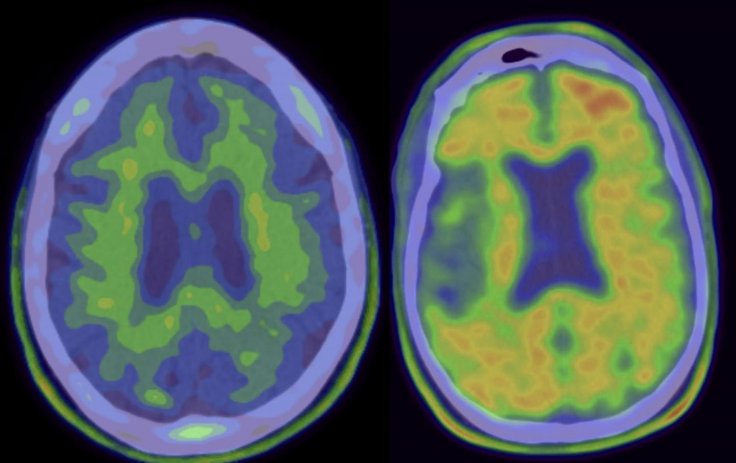
For years researchers believed that build-up of a sticky protein, amyloid, is associated with Alzheimer's and yet drugs to get rid of the trademark plaques and tangles failed to ease the mind-robbing disease.
The researchers managed to clear out the gunk, but that did not stop worsening of the disease, forcing scientists to shift their focus on exploring multiple ways of attacking the complex disease. According to researchers, one possible culprit can be the brain's unique immune cells -- microglia, which transmit information like memories.
"[The neurons] are much more active and play a much more significant role," Dr Richard Hodes, director of the National Institute on Aging, said.
This comes after researchers at the University of Kentucky in a comparison of brains donated from people who diagnosed with dementia rarely found plaques and tangles.
It was also revealed that sometimes another protein -- tau -- starts forming tangles inside neurons, heralding cell death and memory loss, but then many a times autopsies show people dying with large amounts of both plaques and tangles escaping dementia.
Dr David Holtzman at Washington University in St. Louis in a new study suggested microglia might be the key to how the amyloid-tau duo turns toxic.
He said a mutation in gene TREM2 weakens microglia and increases the risk of Alzheimer's. One of the functions of microglia is to gobble up toxic proteins and cellular debris. His team found in donated human brains that more tau tangles clustered around amyloid plaques when people faced microglia-weakening TREM2 mutations.
As per the study, published in Nature Neuroscience, researchers altered the TREM2 gene in mice and seeded the rodent's brains with some human tau. They found more tangles forming next to plaques in mice with weak microglia than in those with functional immune cells. It suggests microglia are a "missing link" as to how amyloid build-up drive tau tangles.
It should be mentioned that biotech company Alector Inc. is patient testing a drug designed to boost TREM2 and better activate microglia.
Germs causing gum disease and different strains of herpes viruses have also been found in Alzheimer's-affected brain tissue, inducing researchers to test herpes drug valacyclovir in 130 people with mild Alzheimer's showing evidence of infection with certain herpes strains. A 2018 Taiwan study also indicated that treating herpes infection might lower later dementia risk.
Researchers said a list of genes linked with inflammatory processes may also play a role in the development of Dementia.
In another study published in Neurobiology of Aging, researchers at University of California San Diego School of Medicine suggested that examining how quickly a person's pupil dilates while taking cognitive tests may be a low-cost method to screen the risk of the disease before cognitive decline begins.
In a study published in the Journal of Experimental Medicine, microbiologist Hemraj Dodiya of the University of Chicago suggested bacteria could influence Alzheimer's symptoms and antibiotics reduced its symptoms in male mice. It should be noted that even though the researchers studied both male and female mice, the changes were only evident in male mice.









